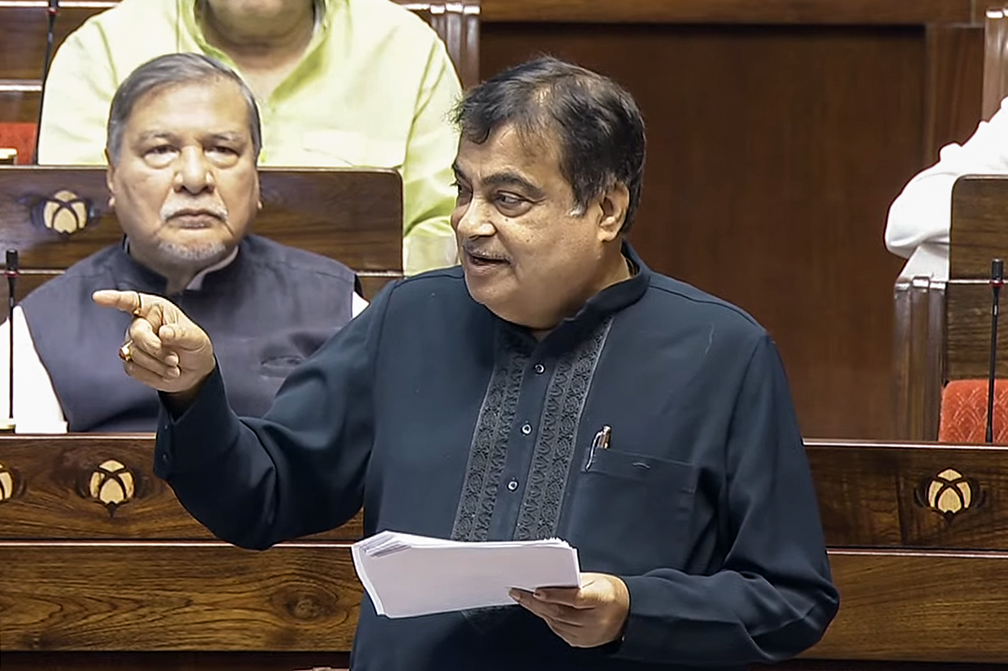The Union government is set to implement infrastructure projects worth Rs 1 lakh crore to transform Delhi, Union Minister for Road Transport and Highways Nitin Gadkari announced on Thursday.
Gadkari said, “I promise you that works worth Rs 1 lakh crore will be completed in the coming two years, which will change the face of entire Delhi. Under the Namami Gange scheme, we have launched initiatives to clean the Yamuna River and prevent sewage water from entering it. However, due to the Delhi government not providing their share of funds for the projects, some works remain pending.”
Gadkari highlighted that the Ministry of Road Transport is currently working on projects valued at Rs 65,000 crore, with Rs 33,000 crore worth of work already completed. He assured that the remaining Rs 32,000 crore worth of projects would be completed in the near future.
“Delhi is heavily burdened by air pollution and traffic congestion. Under the leadership of Prime Minister Narendra Modi, the Ministry of Road Transport has undertaken multiple projects to address these issues and decongest the city,” he added.
The Union Minister emphasized the government’s commitment to reducing pollution in the capital. “Our government has introduced electric buses, cars, and scooters to tackle the 40 percent of Delhi’s pollution caused by fossil fuels. We also promoted CNG vehicles, and we aim to free Delhi from pollution within five years,” Gadkari said.
Addressing the issue of stubble burning, Gadkari added that it has reduced by 20 percent, attributing this decline to efforts in converting stubble into compressed natural gas (CNG). He revealed that 60 plants are now operational out of the 400 planned for processing stubble into energy resources.
“These plants will convert waste into wealth, producing CNG to power trucks and buses. Additionally, we have launched a project in Panipat to produce 1 lakh liters of ethanol, 150 tonnes of bio-vitamin, and 78,000 tonnes of aviation fuel from stubble. This initiative will not only help reduce pollution but also lower imports, create jobs, and enhance the welfare of farmers,” Gadkari said.
(Inputs from ANI)














